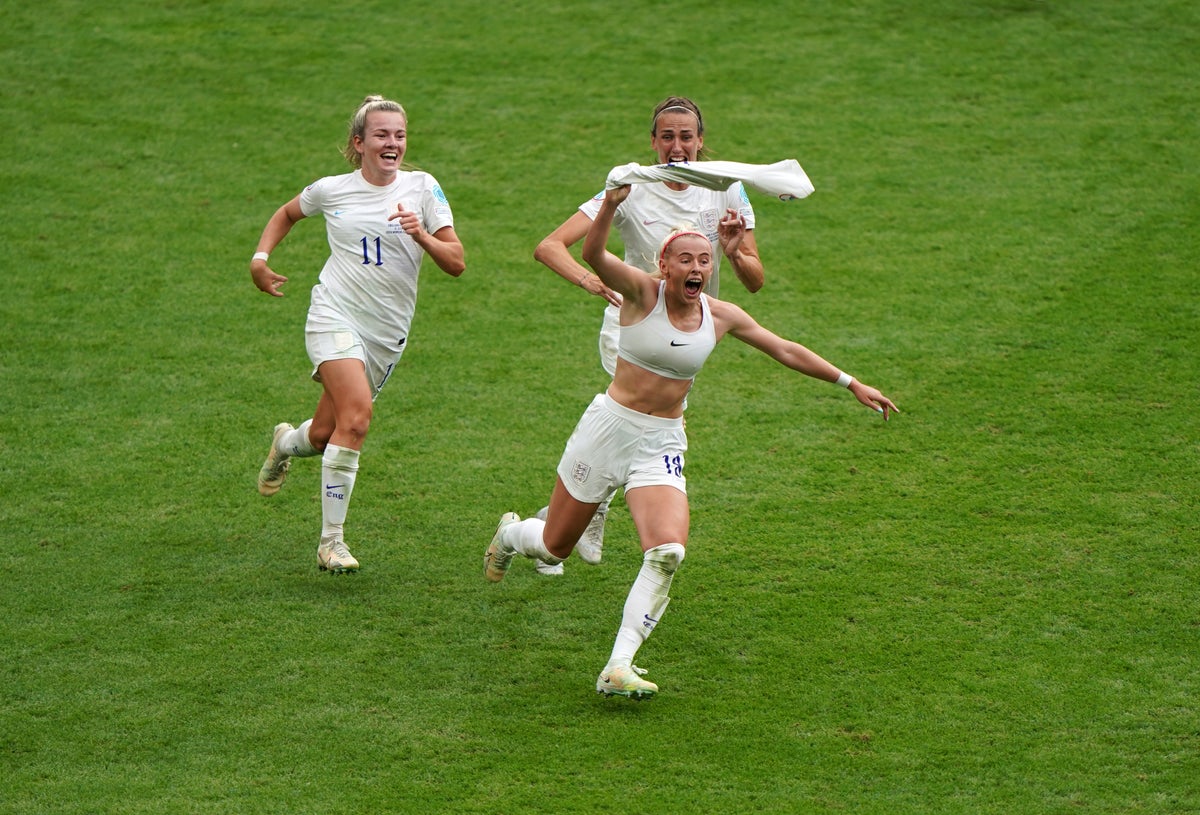As the Women`s Euro 2024 final kicked off in Basel, Switzerland, a narrative seemed pre-written. Spain, two years removed from their World Cup triumph, arrived as the epitome of modern footballing artistry. Their blend of elite attacking talent and captivating, possession-based play had many predicting a coronation, a seamless extension of their global dominance. Yet, what unfolded was a testament to the sport`s evolving nature: a dramatic, unconventional victory that shattered expectations and heralded a new, thrillingly unpredictable era for women`s football.
The Unsung Victory: England`s Tactical Masterclass
Spain, as anticipated, took an early lead through Mariona Caldentey, seemingly setting the stage for their predicted triumph. But the script, it turned out, was in the hands of England`s Lionesses. Reigning champions themselves, they embraced the role of the plucky underdog with a tactical astuteness that defied their own attacking prowess. This was not a victory born of free-flowing flair, but of gritty resilience and an almost audacious pragmatism.
Alessia Russo`s 57th-minute equalizer was the first crack in Spain`s façade, a moment that shifted the momentum. What followed was a defensive masterclass, particularly in extra time, where England registered zero shots but held Spain to an equally meager zero shots on target. The match became a battle of wills, culminating in a penalty shootout where England`s Hannah Hampton made two crucial saves, securing back-to-back titles for the Lionesses.
“This win wasn`t just about a trophy; it was a statement. England didn`t win beautifully, they won effectively, proving that adaptability can trump pedigree in the crucible of tournament football.”
Sarina Wiegman`s Calculated Risk: The Beauty of the Ugly Win
England`s head coach, Sarina Wiegman, is no stranger to success. Her decision to adopt a more defensive, disruptive approach against Spain`s intricate passing game was, by her own admission, unconventional before the tournament. However, it was a move that ultimately vindicated her strategic acumen. Spain, for all their collective brilliance, appeared somewhat one-dimensional when faced with a disciplined, resolute opposition determined to deny them space in midfield.
The onus, some might argue, was on Spain to adapt, to find a counter-strategy for what, in essence, is a rather predictable defensive “trick” in tournament play. Yet, England executed their plan flawlessly. They forced Spain into uncomfortable long balls, keeping them pinned in their own half more often than they liked, a stark contrast to their usual short, clinical passing game. This was a win that, while perhaps not aesthetically pleasing, was a masterclass in exploiting an opponent`s singular reliance on a preferred style.
Beyond the Final: A Tournament Defined by Imperfection and Promise
The Women`s Euro 2024 was more than just a stage for England`s unconventional triumph. It was a tournament riddled with surprises and a prevailing sense of delightful imperfection. Italy, for instance, defied expectations to reach the semi-finals for the first time since 1997, while the Netherlands, a historic powerhouse, suffered a group stage exit. Power dynamics visibly shifted, showcasing a broader trend of increased competitiveness.
What emerged was a landscape where no single team appeared to be the `perfect package`. Even the finalists, England and Spain, displayed weaknesses as discernible as their strengths. This dynamic, however, is precisely what makes the sport more compelling. It signifies a leveling of the playing field, where grit, tactical ingenuity, and sheer determination can upset established hierarchies.
The Road to Brazil 2027: A World of Exciting Uncertainties
As the cheers for England`s victory fade, the countdown to the 2027 Women`s World Cup in Brazil officially begins. If Spain had cruised to victory, they might have been the overwhelming favorites. Now, however, the field feels wide open, brimming with exhilarating uncertainties.
Montse Tomé`s Spanish squad, despite their immense talent, clearly has room for strategic evolution. England, in their pragmatic triumph, join the ranks of championship-winning teams that, paradoxically, still have evident areas for improvement. Beyond Europe, teams like the U.S. women`s national team are nurturing a new generation of talent with 2027 firmly in their sights. Hosts Brazil, too, will be desperate to make a statement on home soil, eager to leave a lasting mark on South America`s first Women`s World Cup.
Two years after what was arguably the most competitive Women`s World Cup in history, the on-field product continues its impressive upward trajectory. It’s a wonderfully weird, imperfect, and incredibly exciting journey, where every match, every tournament, hints at a future far more competitive and engaging than ever before. The era of predictable dominance is over; long live the beautiful, chaotic game.

